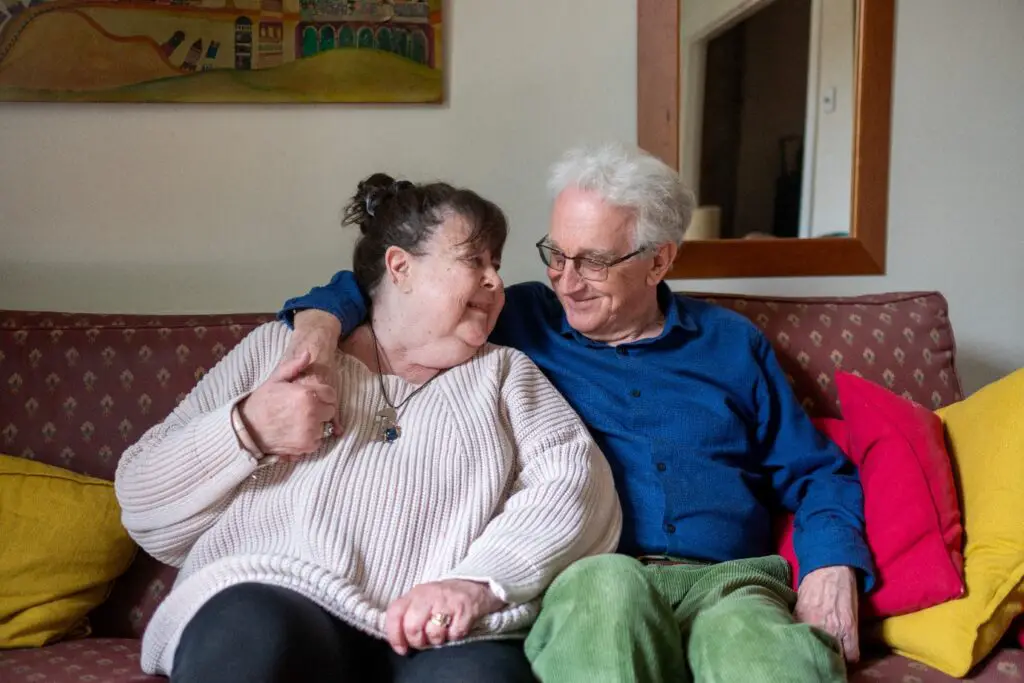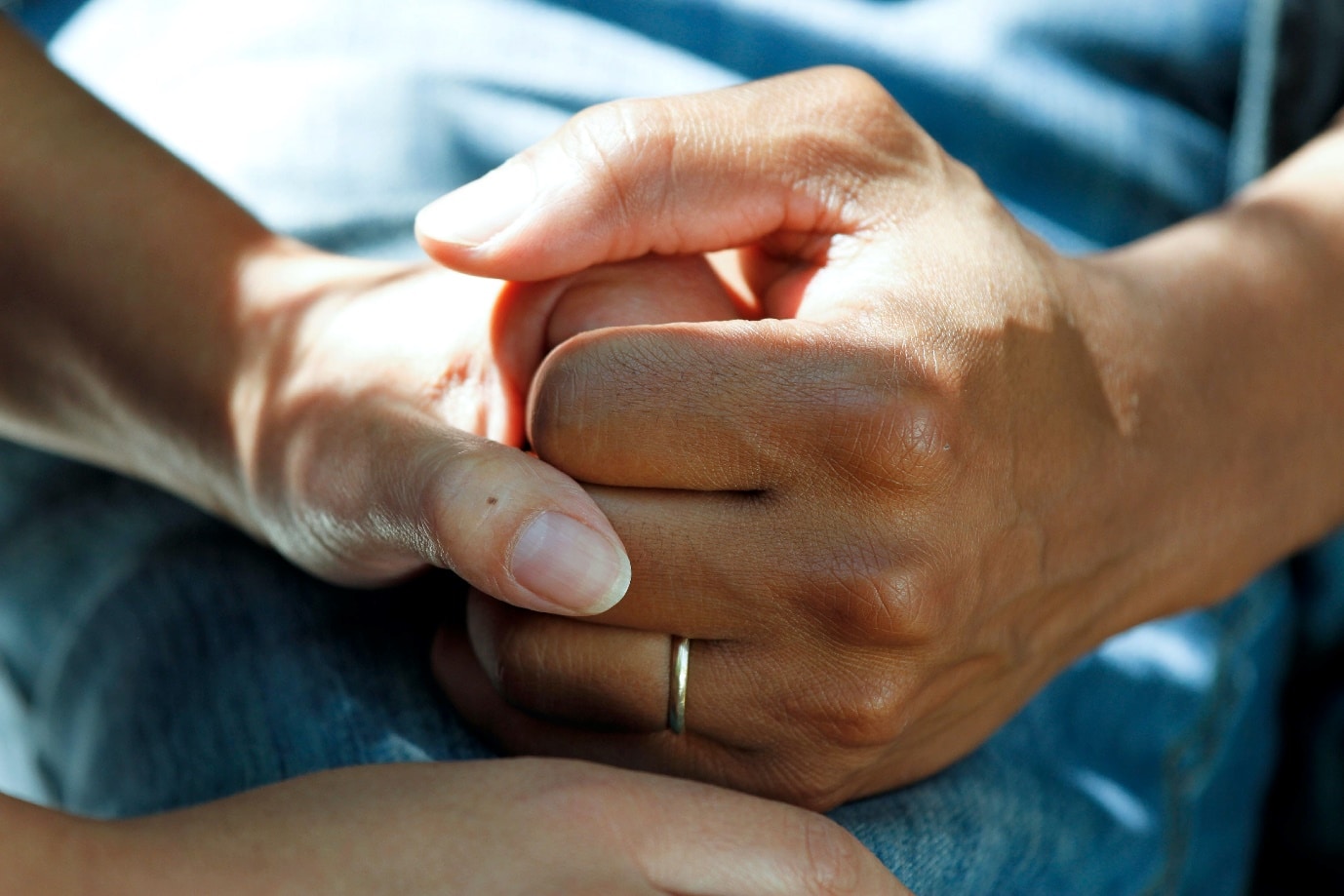Giving sincere compliments is a great way to brighten someone’s day and make them feel valued. A genuine compliment can make a person feel appreciated and help build stronger relationships. However, many people struggle with giving compliments that sound insincere or forced.
Paying compliments has many benefits – for both the giver and the receiver. It makes the giver happier, strengthens relationships, and increases stress resilience and physical health. It also creates a ripple effect of positivity. So why not start paying compliments more often? Here are the top five reasons why you should give compliments:
1. Giving Compliments Increases Your Happiness

Giving compliments is one free and easy way to increase happiness. The research shows that this is most effective if you pick one day a week to intentionally engage in five acts of kindness, including giving compliments. Surprisingly, research shows that spending money on someone else makes you happier for longer than spending money on yourself. So go ahead, flip the emotional script, and pay it forward. Simple small acts like giving compliments add up for you and also go a surprisingly long way to help others.
2. Giving Compliments Makes You Grateful

When you take the time to compliment someone, you automatically acknowledge all the good things about them. This gratitude strengthens your interpersonal relationships and allows you to see the best in people.
According to positive psychologist Barbara Fredrickson, gratitude leads to a virtuous cycle that improves your relationship with the person you complimented, broadens your awareness, and makes your thinking more creative.
Gratitude also has a surprisingly significant impact on your overall emotional balance. It has been shown to have a more substantial effect than many other things that you might think would be more important – such as income, having reliable access to food, being in a conflict zone, or even whether or not you know where you are sleeping that night. So flip the emotional script by paying it forward with some compliments. Simple small acts like this can add up for you and go a surprisingly long way to help others.
3. Giving Compliments Strengthens Your Interpersonal Relationships

Paying compliments has been shown to significantly impact both the giver and the receiver, creating a ripple of positivity. Giving praise is one free and easy way to engage in positive psychology practices.
The research shows that paying compliments is most effective if you intentionally pick one day a week to engage in five acts of kindness. In addition to giving praise, four other things you might do are pick up litter, help a friend with a chore, feed a stranger’s parking meter, or buy someone a coffee.
Surprisingly, research shows that spending money on someone else makes you happier for longer than spending money on yourself. Uninvited compliments are much more powerful—both for them and you.
An easy way to come up with a good compliment is to practice gratitude exercises. To do this, think of three things that make you feel grateful. Is there someone you can thank who did something to help bring one of those things about—such as your barista, a friend, or a family member?
According to positive psychology researcher Barbara Fredrickson’s broaden-and-build model, regularly practicing positive affects, such as gratitude, paying compliments, random acts of kindness, loving-kindness meditation, and religious practices, strengthens your interpersonal relationships and makes your thinking more creative. Your positive-negative emotional balance has a significantly more significant effect than many other things that you might have thought would be more important, such as income, having reliable access to food, being in a conflict zone, and even whether or not you know where you are sleeping that night. So go ahead and pay it forward with some compliments—simple small acts like this can significantly strengthen your interpersonal relationships.
4. Giving Compliments Increases Your Stress Resilience And Physical Health

The research shows that paying compliments is most effective if you intentionally pick one day a week to engage in five acts of kindness. In addition to giving praise, four other things you might do are pick up litter, help a friend with a chore, feed a stranger’s parking meter, or buy someone a coffee.
Surprisingly, research shows that spending money on someone else makes you happier for longer than spending money on yourself. Uninvited compliments are much more powerful—both for them and you.
An easy way to come up with a good compliment is to practice gratitude exercises. To do this, think of three things that make you feel grateful. Is there someone you can thank who did something to help bring one of those things about—such as your barista, a friend, or a family member?
Giving compliments has numerous benefits beyond making the recipient feel good. Evidence shows that paying compliments can increase your stress resilience and physical health.
One study found that people who gave compliments had lower cortisol levels after a stressful event than those who didn’t. Other research shows that social support improves mental health, including self-esteem and happiness. A study found that employees who praised their co-workers had lower blood pressure. So give compliments, and it’ll benefit you and the person you’re talking to.
5. Giving Compliments Creates A Ripple Of Positivity

It dramatically impacts both the giver and the receiver, creating a ripple of positivity. Praise is one free and easy way to engage in positive psychology practices.
The research shows that paying compliments is most effective if you intentionally pick one day a week to engage in five acts of kindness. In addition to giving praise, four other things you might do are pick up litter, help a friend with a chore, feed a stranger’s parking meter, or buy someone a coffee.
Surprisingly, research shows that spending money on someone else makes you happier for longer than spending money on yourself. Uninvited compliments are much more powerful—both for them and you.
An easy way to come up with a good compliment is to practice gratitude exercises. To do this, think of three things that make you feel grateful. Is there someone you can thank who did something to help bring one of those things about—such as your barista, a friend, or a family member?
Conclusion
Giving compliments has numerous benefits beyond making the recipient feel good. Evidence shows that paying compliments can increase your stress resilience and physical health. So go ahead and pay it forward with compliments—small acts like this can significantly impact your interpersonal relationships and overall well-being.
Read Also







